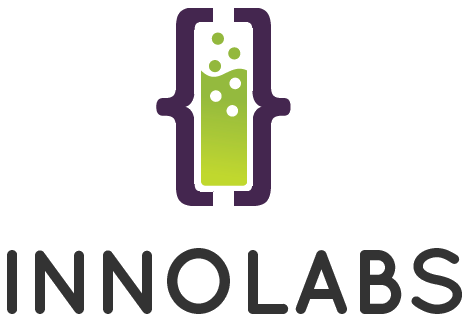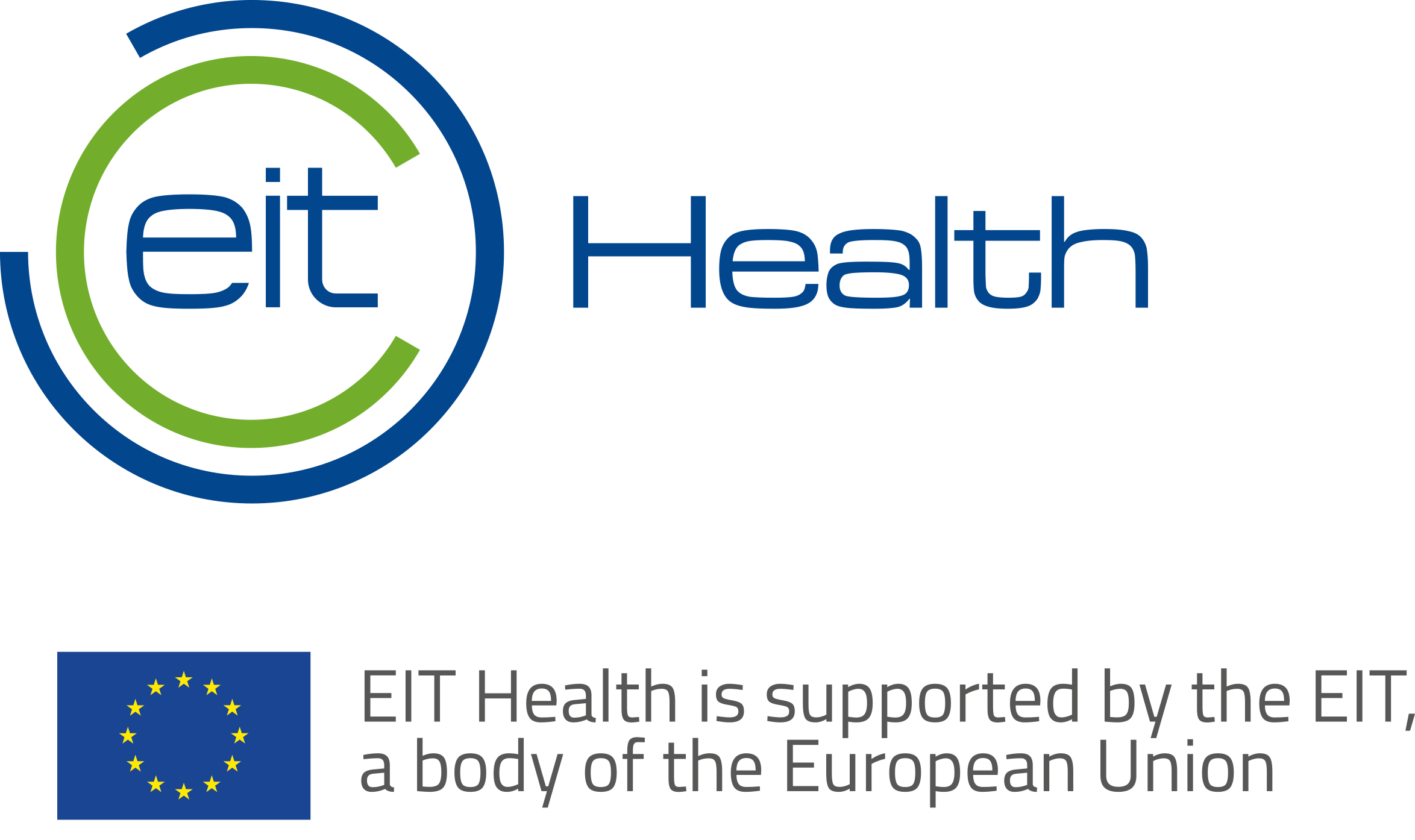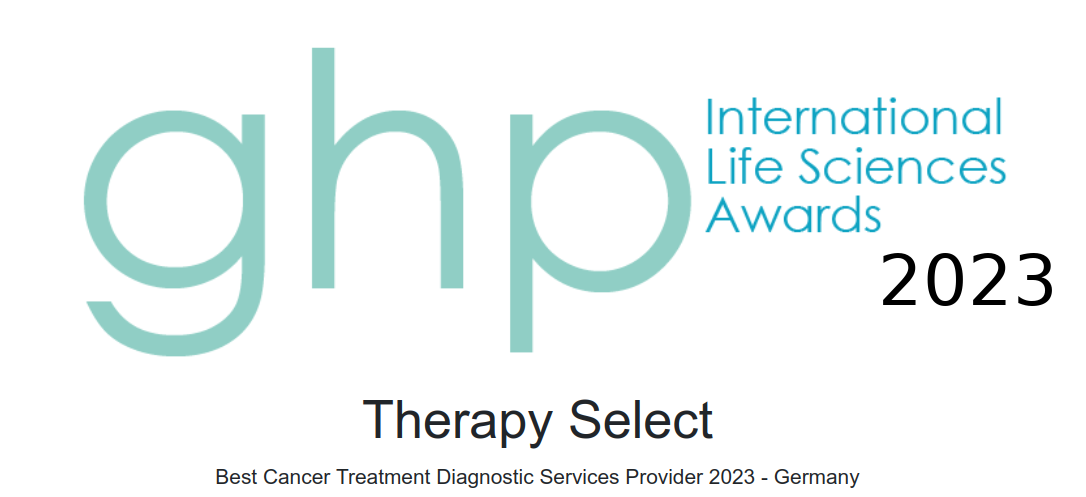Find Effective Drugs before Starting the Therapy!
No two cancer therapies are the same!
There is a wide range of different drugs which can be applied in treatment of stomach cancer. This treatment includes classical chemotherapeutic substances, yet also new targeted drugs are used. Which medication should be prescribed depends on different factors, e.g. the cancer stage and the general condition of the patient. In order to choose the right therapy there are medical guidelines for physicians. However, in some situations the guidelines do not give clear recommendations and propose equivalent treatment options.
Diagnostic assays can help to identify effective and ineffective drugs before the start of a therapy. The available spectrum of therapeutics can thereby be limited on the most promising substances. Our diagnostics contribute avoidance of unnecessary side effects as a consequence of an ineffective therapy and save valuable treatment time. Therefore we offer the following diagnostic tests:
- CTR-Test® - An efficacy test working on living tumor cells
- PCDx™ - A tumor-biomarker-analysis working on non-living, conserved tumor cells
- Guardant360® - A tumor-biomarker-analysis working with blood
Guidelines for the Treatment of Stomach Cancer
Hereafter you can find an overview about guideline-recommendations, which are elaborated by medical specialist associations:
Patients with stomach cancer receive perioperative chemotherapy, that is, treatment begins prior to the operation and is continued afterwards. Palliative tumor treatment, that aims at improving quality of life, requires testing overexpression of HER-2 (a growth factor receptor). Therapy is then selected accordingly.
| perioperative therapy | ECX (epirubicin + cisplatin + capecitabine) | |
| XP (capecitabine + cisplatin) | ||
| ECX (epirubicin + cisplatin + capecitabine) | ||
| palliative drug therapy | no HER-2-overexpression | DCF (cisplatin + 5-fluorouracil + docetaxel) |
| CF (cisplatin + 5-fluorouracil) | ||
| XP (capecitabine + cisplatin) | ||
| ECF (epirubicin + cisplatin + 5-fluorouracil) | ||
| ECX (epirubicin + cisplatin + capecitabine) | ||
| EOF (epirubicin + oxaliplatin + 5-fluorouracil) | ||
| EOX (epirubicin + oxaliplatin + capecitabine) | ||
| FLO (5-fluorouracil + leucovorin* + oxaliplatin) | ||
| FLP (5-fluorouracil + leucovorin* + cisplatin) | ||
| IF (irinotecan + 5-fluorouracil) | ||
| XI (irinotecan + capecitabine) | ||
| irinotecan + 5-fluorouracil + leucovorin* | ||
| HER-2-overexpression | cisplatin + fluoropyrimidine + trastuzumab |
*Leucovorin (folinic acid) is not a chemotherapeutic. It enhances the effect of 5-fluorouracil.
This table is based on the Leitlinie Magenkarzinom - "Diagnostik und Therapie der Adenokarzinome des Magens und ösophagogastralen Übergangs", issued by the Association of the Scientific Medical Societies in Germany (Arbeitsgemeinschaft der Wissenschaftlichen Medizinischen Fachgesellschaften e.V., AWMF), the German Cancer Society (Deutsche Krebsgesellschaft, DKG) and the German Society of Gastroenterology and Digestive Metabolic Diseases (Deutschen Gesellschaft für Gastroenterologie, Verdauungs- und Stoffwechselkrankheiten, DGVS). [1]
Efficacy Tests of Drugs for Stomach Cancer
Which drugs can be tested in their efficacy by our diagnostic tests? The following tables give you information on the substances recommended by the guidelines, but also about further drugs which can be found as additional treatment options in literature. These substances are classified in the following categories:
In addition the frequently used combination therapies are listed below.
The testabilities for the CTR-Test® and the PCDx™ are also given.
Chemotherapeutics
| Substance name | Efficacy testable by living tumor & blood (living cells) | Efficacy testable by archived tumor (FFPE) | Efficacy testable by blood (plasma) | Reference |
|---|---|---|---|---|
| 5-fluorouracil | yes | yes | not yet | [1], [2] |
| capecitabine | yes | yes | not yet | [1], [2] |
| cisplatin | yes | yes | yes | [1], [2] |
| docetaxel | yes | yes | not yet | [1], [2] |
| epirubicin | yes | yes | not yet | [1], [2] |
| irinotecan | yes | yes | not yet | [1], [2] |
| oxaliplatin | yes | yes | yes | [1], [2] |
Targeted Drugs
| Substance name | Efficacy testable by living tumor & blood (living cells) | Efficacy testable by archived tumor (FFPE) | Efficacy testable by blood (plasma) | Reference |
|---|---|---|---|---|
| trastuzumab | no validation yet | yes | yes | [1], [2] |
Frequently Used Combination Therapies
| Substance name | Combination name | Reference |
|---|---|---|
| 5-fluorouracil + cisplatin + leucovorin* | FLP | [1] |
| 5-fluorouracil + docetaxel + leucovorin* + oxaliplatin | FLOT | [2] |
| 5-fluorouracil + irinotecan + leucovorin* | Folfiri | [1], [2] |
| 5-fluorouracil + leucovorin* + oxaliplatin | FLO | [1] |
| 5-fluorouracil + cisplatin | CF | [1] |
| 5-fluorouracil + cisplatin + docetaxel | DCF | [1] |
| 5-fluorouracil + cisplatin + epirubicin | ECF | [1], [2] |
| 5-fluorouracil + cisplatin + trastuzumab | [1], [2] | |
| 5-fluorouracil + epirubicin + oxaliplatin | EOF | [1] |
| 5-fluorouracil + irinotecan | IF | [1] |
| capecitabine + cisplatin | XP | [1] |
| capecitabine + cisplatin + epirubicin | ECX | [1] |
| capecitabine + cisplatin + trastuzumab | [1], [2] | |
| capecitabine + epirubicin + oxaliplatin | EOX | [1], [2] |
| capecitabine + irinotecan | XI | [1] |
*Leucovorin (folinic acid) is not a chemotherapeutic. It enhances the effect of 5-fluorouracil.
The drugs listed here were identified as potential therapy options after an accurate literature research. Completeness cannot be guaranteed. Status: September 2016.



